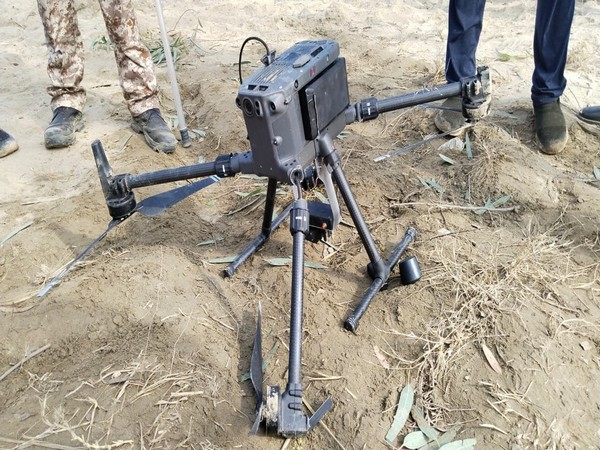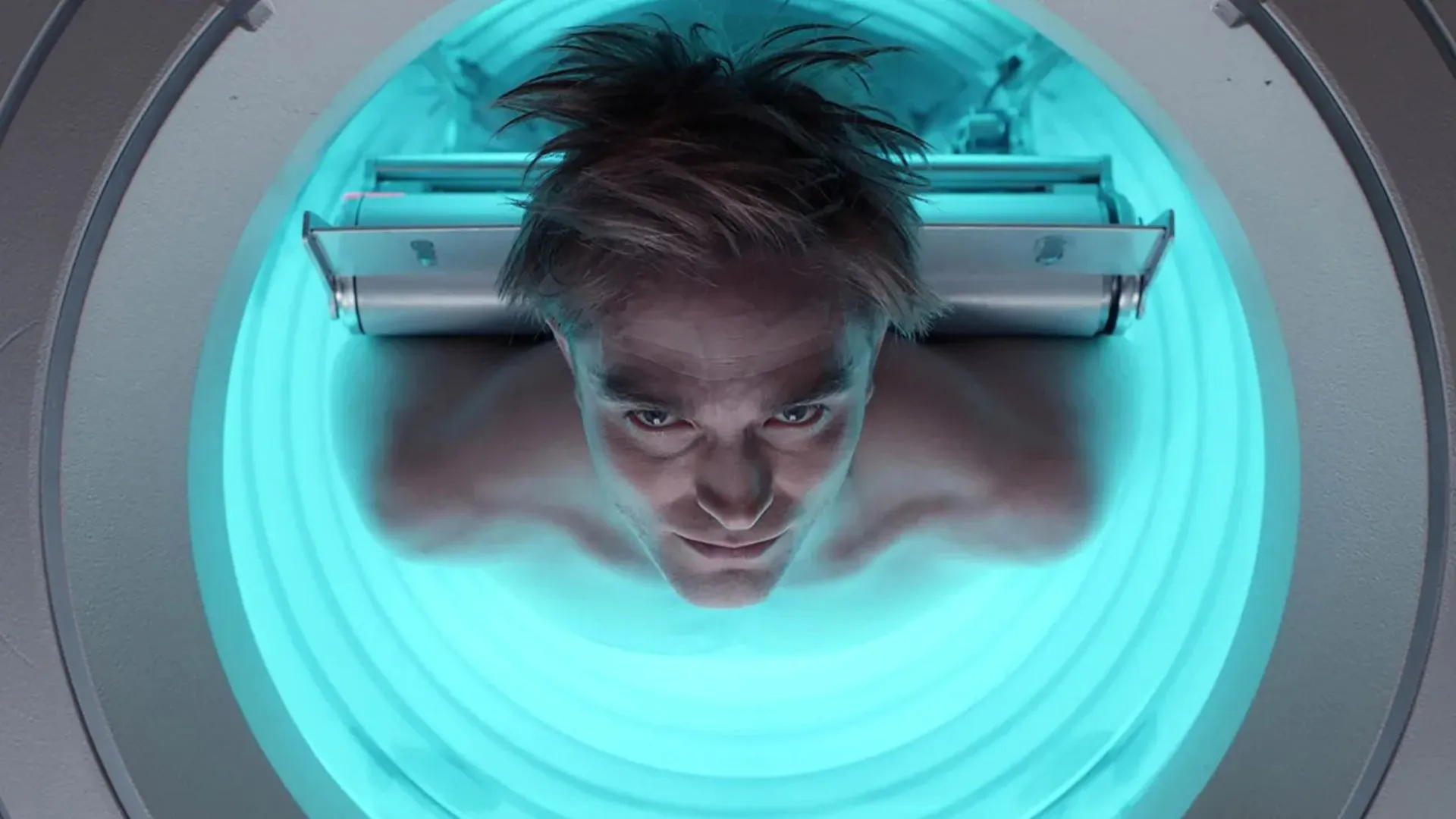The debris of a drone was found in central Moscow on Monda, Russian News Agency TASS reported quoting an emergencies official.
“At 17, Komsomolsky Prospekt, the debris of a drone was discovered. According to preliminary information, there were no casualties,” the official said, reported TASS. According to him, law enforcement agencies and emergency services are working at the scene.
Earlier, Ukrainian troops used foreign-made cluster munitions to shell the settlement of Zolotarevka in the Lugansk People’s Republic (LPR), TASS reported quoting a spokesman for the local law enforcement agencies on Sunday (local time).
“The enemy has begun to use foreign-made cluster munitions in the LPR. They hit the village of Zolotarevka. Data on casualties is being verified,” he said.
Russian President Vladimir Putin said earlier that Moscow reserved the right to use cluster munitions in response to Ukraine’s use of such weapons, TASS reported.
Cluster bombs can contain hundreds of separate munitions. When detonated in the air, cluster munitions scatter bomblets over an area of dozens of square meters. If unexploded immediately, these bomblets remain lying on the ground, posing a threat to civilians long after the end of a conflict.
Depending on the type of munitions, from 10 to 40 per cent of bomblets do not explode. In recent decades, such bombs have been fitted with self-destruct devices, which activate within a few days after use, but around five per cent of them do not go off and become mines.
On Sunday, at least one person was killed and 22 others wounded in an attack on Odesa that severely damaged 25 landmarks across the city, including the Transfiguration Cathedral.
UNESCO strongly condemned the attack on the cathedral and other heritage sites and said it will send a mission in coming days to assess damage. Odesa’s historic centre was declared a UNESCO World Heritage site earlier this year, and the agency said the Russian attacks contradict Moscow’s pledge to take precautions to spare World Heritage sites in Ukraine.
The Russian military denied that it targeted the Transfiguration Cathedral, claiming without offering evidence that it was likely struck by a Ukrainian air defence missile.

















